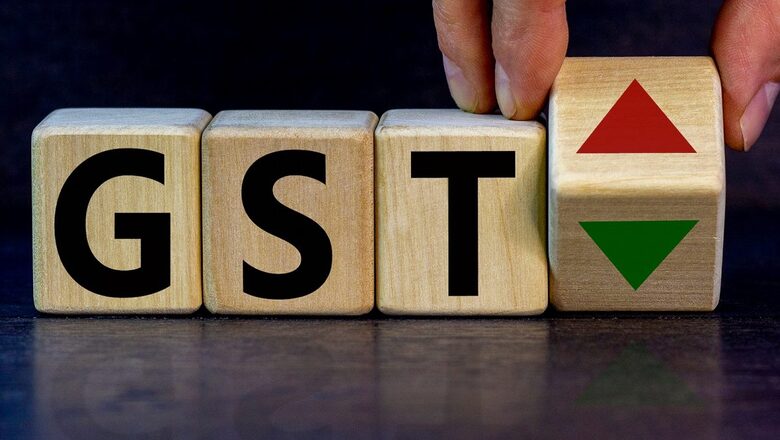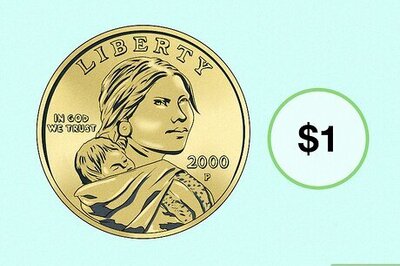
views
Amid reports regarding 18 per cent GST on house rent for tenants, the government on Friday clarified that the renting of residential unit is taxable only when it is rented to a business entity, and said no goods and services tax will be levied when it is rented to a private person for personal use. It added that GST will also not be levied even if the proprietor or partner of a firm rents the residence for personal use.
According to the recommendations of the 47th GST Council meeting that have also become effective since July 18, a GST-registered tenant needs to pay a goods and services tax of 18 per cent for renting a residential property. However, the input tax credit in respect of such transactions may be sought on the ground of it being for the personal use.
Claim: 18% GST on house rent for tenants #PibFactCheck▶️Renting of residential unit taxable only when it is rented to business entity▶️No GST when it is rented to private person for personal use▶️No GST even if proprietor or partner of firm rents residence for personal use pic.twitter.com/3ncVSjkKxP
— PIB Fact Check (@PIBFactCheck) August 12, 2022
Abhishek Jain, partner (indirect tax), KPMG in India, said, “This is welcome clarification by the government that will prevent unnecessary panic where people were under the false belief that residential renting of immovable property to unregistered persons would also attract GST.”
He added that more importantly, this clarification provides the much-needed relief to GST registered proprietors or partners in GST-registered firms who take on rent immovable property for their personal use, e.g. renting of a house for family accommodation, in which case the government has rightly clarified that GST will not be applicable.
Earlier, only commercial properties like offices or retail spaces given on rent attracted GST.
Pranjal Kamra, CEO of Finology Ventures, said, “Earlier iterations of the GST rules levied a tax on commercial properties like offices, retail spaces, etc. Under the purview of the new rules, however, rent paid for residential property used for carrying out business shall attract GST as well. The tax liability shall fall only on GST-registered assessees, i.e., people/firms that already are liable to file their GST returns; but not the owners of residential property.”
He added that the new rules would make businesses operating in residential properties taxable, that would use their own houses or similar properties to evade paying GST under the previous version of the GST rules.
The GST Council, which met 47th meeting at the end of June, also decided to accept the group of ministers’ interim reports on the correction of duty inversion and exemption. Pre-packaged and pre-labelled retail packs, including curd, lassi and butter milk, were brought under GST, effective July 18.
It also decided to impose 5 per cent GST on hospital room rent, excluding intensive care unit (ICU), exceeding Rs 5,000 per day per patient, without input tax credit. The Council also decided to impose a 12 per cent GST on maps and hydrographic or similar charts of all kinds, including atlases, wall maps, topographical plans and globes.
It was also decided to impose a GST of 18 per cent on the fees charged by banks for the issue of cheques (loose or in book form); bring hotel rooms under Rs 1,000 per day under the 12 per cent GST slab as opposed to tax exemption category currently.
GST on petroleum/ coalbed methane has been increased to 12 per cent, from 5 per cent earlier. The tax on e-waste has also been raised from 5 per cent to 18 per cent. GST exemption on services extended by RBI, Irdai, Sebi, FSSAI and GST has also been withdrawn. The tax on scientific and technical instruments supplied to public funded research institutes has been raised from 5 per cent to the “applicable rate”.
Read all the Latest Business News and Breaking News here



















Comments
0 comment